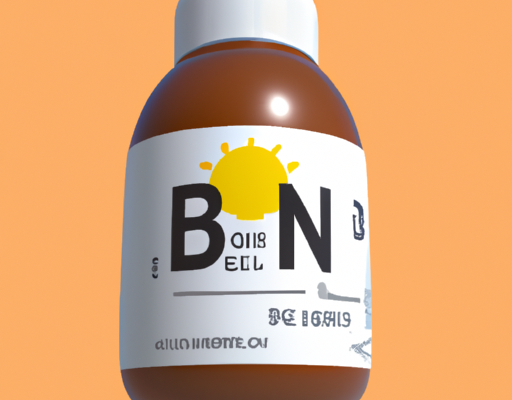Symptoms
Contact dermatitis is a type of skin inflammation caused by direct contact with an allergen or an irritant. It is also known as eczema and usually presents itself as an itchy rash. Symptoms of contact dermatitis can range from mild to severe and can vary from person to person. Here are some of the common symptoms of contact dermatitis:
- Redness and inflammation of the skin
- Itchy rash or hives
- Blisters or small bumps
- Dry, scaly skin
- Burning sensation
- Pain and discomfort
The severity and duration of these symptoms depend on the type of allergen or irritant causing the reaction. If you think you may have contact dermatitis, it is best to consult your doctor for medical advice and treatment.
Causes
Contact dermatitis is a type of skin inflammation caused by direct contact with an allergen or irritant. It can affect anyone, and is commonly seen in people who work with irritants or are exposed to allergens. It can also be caused by direct contact with plants, perfumes, dyes, or other irritants. Causes of contact dermatitis include:
- Exposure to irritants like detergents, soaps, and chemicals
- Allergic reactions to certain plants, perfumes, dyes, and other substances
- Exposure to certain metals like nickel, chromium, and cobalt
- Exposure to rubber, latex, and certain fabrics
- Exposure to certain medications, cosmetics, and preservatives
- Infections caused by bacteria, viruses, or fungi
It’s important to note that contact dermatitis can occur even after someone has been exposed to a specific substance multiple times. If you think your skin is reacting to something, it’s important to see a doctor to determine the cause and get the right treatment.
Treatment
Contact dermatitis is an inflammatory skin condition that can cause redness, swelling, itching and burning of the affected area.
- Treatment for this often involves avoiding potential irritants and allergen triggers, such as detergents, solvents, cosmetics, and metals.
- Your doctor may prescribe topical medications such as hydrocortisone creams or ointments and oral antihistamines.
- In severe cases, immunosuppressant medications may be prescribed.
It is important to follow your doctor’s treatment plan to reduce the symptoms of contact dermatitis and avoid exacerbating the condition. Keeping your skin moisturised with creams or lotions, as well as avoiding excessive heat, is also recommended.
Home Remedies
Contact dermatitis is a form of skin irritation that can be caused by contact with a variety of substances, from soaps and detergents to metals, plants, and even clothing. The symptoms vary in severity and can include itching, redness, swelling, and hives. While not life-threatening, contact dermatitis can be very uncomfortable and disruptive to everyday life. Fortunately, there are several home remedies that can help relieve the symptoms and promote healing. Oatmeal baths are known to be soothing and can help to reduce itching. Cold compresses can help to reduce inflammation and provide relief from stinging and burning. Natural oils such as coconut or almond oil can also help to reduce inflammation and work as a natural moisturizer. Applying an aloe vera-based lotion or gel can also help reduce irritation and speed up the healing process. While these remedies can provide relief, it is important to identify and avoid the allergens that have caused the reaction in the first place to prevent future episodes.
Risk Factors
Contact dermatitis is a skin condition that can cause a lot of discomfort and pain. It occurs when the skin comes into contact with a substance that it is sensitive to. The most common risk factors associated with contact dermatitis are exposure to allergens, contact with irritants, and skin conditions such as eczema or psoriasis. Allergens can be anything from soaps, detergents, and cosmetics to pets and plants. Irritants can also include things like cleaning products, solvents, and fragrances. People with skin conditions may also be more prone to contact dermatitis, as the skin barrier is weakened. To reduce the likelihood of developing contact dermatitis, it’s important to avoid contact with substances that can cause skin irritation, and to practice good skin care.
Prevention Tips
Contact dermatitis can be a very uncomfortable and even painful skin condition, but you can take steps to help protect yourself against it. To start, avoid brushing against any potentially irritating plants, fabrics or adhesives. If you do experience contact with a trigger, promptly take off your clothes and rinse the area with cool water until relieved. Additionally, wear long sleeves and pants, and protect your hands with gloves while cleaning to help prevent skin irritation from harsh chemicals. Other sources of skin irritants, such as perfumes, can be avoided by not wearing fragranced products. Avoid scratching the skin, as it can cause the reaction to worsen. Consider applying a topical cream or cooling gel to the affected area for relief. By taking a few extra precautions, you can help protect your skin from contact dermatitis.





No Comments